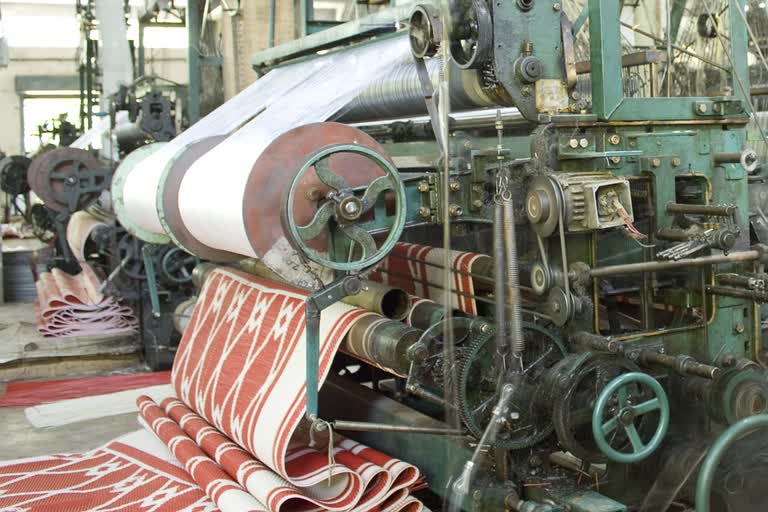New Delhi: India must tread cautiously during negotiations for the proposed mega-pact RCEP against the backdrop of US-China trade war so as not to cede space to China in the global textiles and clothing sector, the Confederation of Indian Textile Industry (CITI) said on Monday.
The textile industry body said that while the ongoing US-China trade war presents an opportunity to Indian textile manufacturers to enhance their exports to the US, the Regional Comprehensive Economic Partnership (RCEP) trade scenario reveals that India must tread cautiously, particularly with China, as half of India's textiles and clothing (T&C) trade in RCEP is with China.
CITI Chairman Sanjay Jain said the ongoing US-China trade war cannot go unnoticed as China would be looking for new markets for its products. India needs to be over cautious while negotiating with China which is already re-routing its textiles into India through Bangladesh, Sri Lanka, etc.
According to Jain, India's trade deficit with China in the textiles and clothing sector is likely to be widened once RCEP is concluded and could be detrimental for its domestic textile manufacturers.
India registered trade deficit in 2018-19 with as many as 11 Regional Comprehensive Economic Partnership (RCEP) member countries - including China, South Korea and Australia - out of the grouping of 16 nations that are negotiating a mega trade pact since November 2012.
Read more:Railways runs 78 special trains to meet summer rush
The RCEP bloc comprises 10 ASEAN members and their six FTA partners - India, China, Japan, South Korea, Australia and New Zealand. ASEAN members comprise Brunei, Cambodia, Indonesia, Malaysia, Myanmar, Singapore, Thailand, the Philippines, Laos and Vietnam.
RCEP negotiations, which started in the Cambodian capital of Phnom Penh, aim to cover goods, services, investments, economic and technical cooperation, competition and intellectual property rights.
Pressure is mounting on India for early conclusion of the proposed trade pact. Member countries are looking to conclude the talks by the end of this year, but many issues, including the number of products over which duties will be eliminated, are yet to be finalised.
Domestic steel and other metal industries want these sectors to be kept out of the deal. India already has a free trade pact with ASEAN, Japan and South Korea. It is also negotiating a similar agreement with Australia and New Zealand but has no such plans for China.



